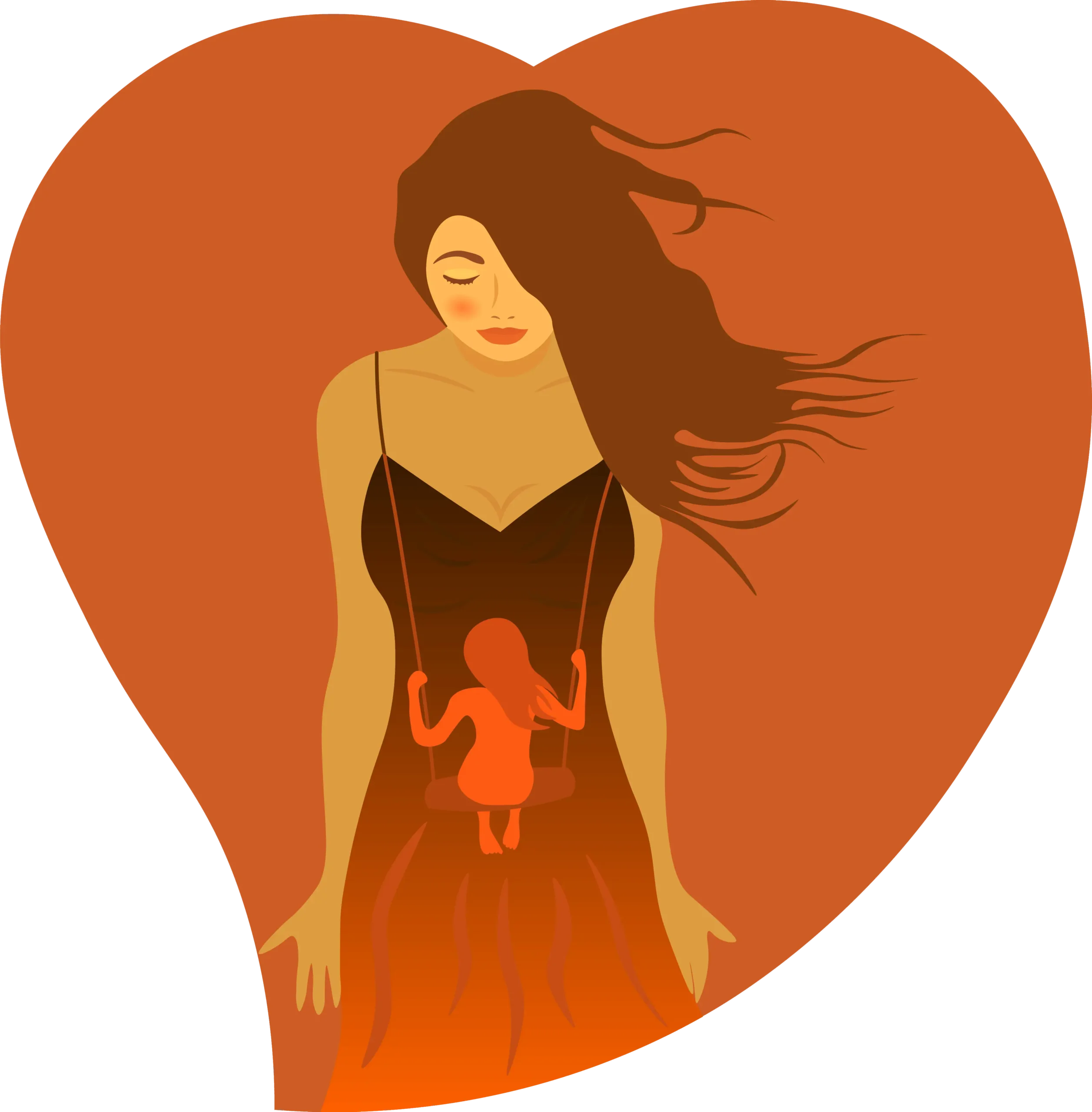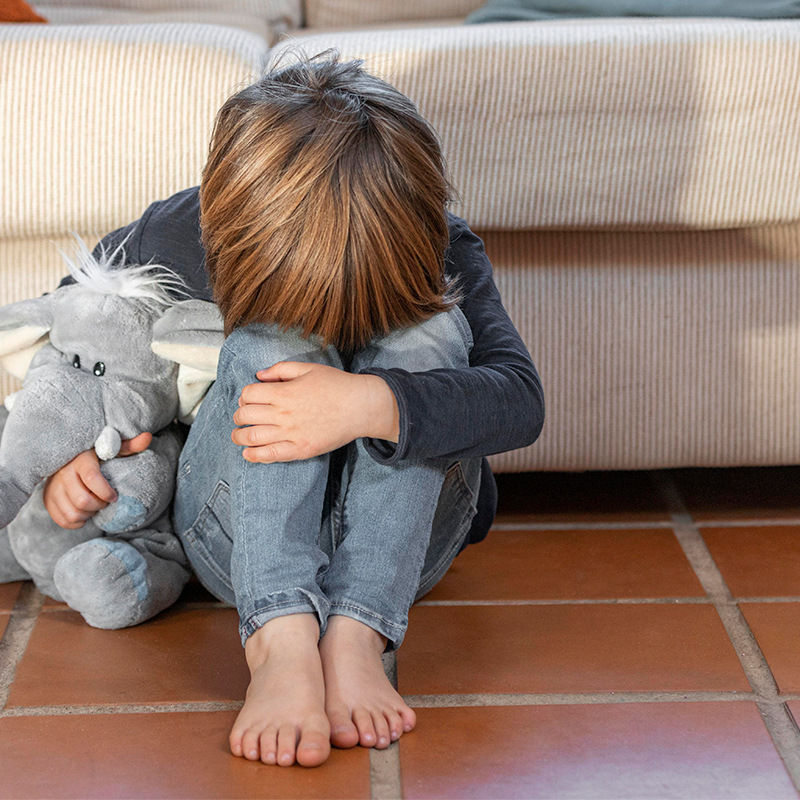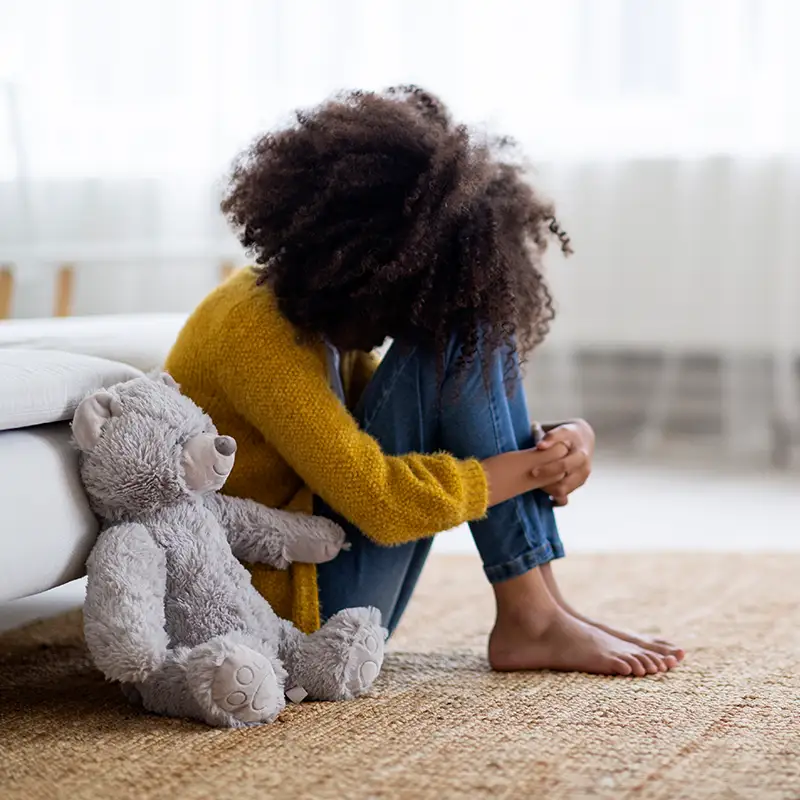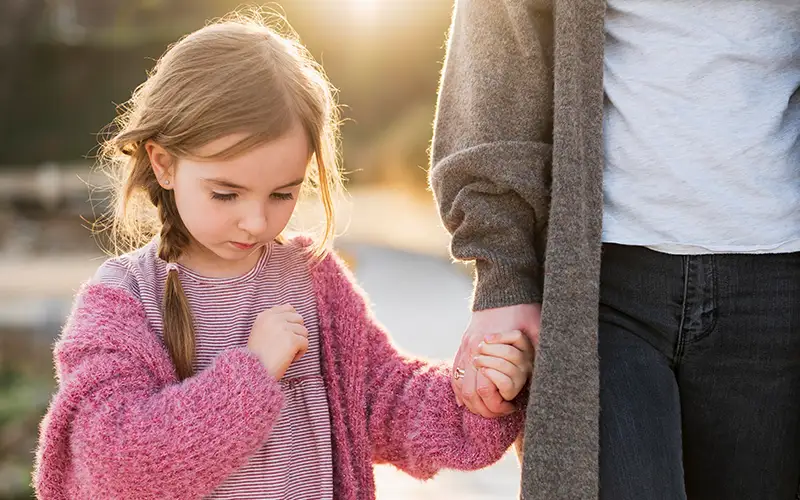Addressing Our Nation’s
Youth Mental Health Crisis
Building a Pathway to Healing Starting Here in New Jersey
Who is Love Unlimited New Jersey (LUNJ)?
Love Unlimited New Jersey is a safe and supportive environment that provides an array of opportunities for children and young adults to discover the power of who they are and adopt healthy life skills to manage and work through feelings of anxiety, depression, and trauma.

“Trauma is not the bad things that happened to you. It’s what happens inside you in response to what happened to you.” — Dr. Gabor Maté, Bestselling Author “The Myth of Normal”

Our Mission
To address our nation’s crippling youth mental health crisis, we are building a pathway to healing starting here in New Jersey.
Our Goal
The goal of LUNJ is to provide life affirming support and education to children and young adults as an alternative to self-harming measures such as isolation, illicit drug exploration, alcohol abuse, addiction, and suicide.
Being Traumatized …
… as a child is an illness of not feeling fully alive in the present moment. It causes one to attempt to distance themself from the pain, and often leads to difficulty forming healthy and stable relationships. By definition, trauma represents a distortion and limitation of who we were born to be. It is a disconnection from ourselves. By changing the landscape of a developing brain, trauma steals one’s sense of wonder, hope, curiosity, joy and self-esteem. According to Dr. Gabor Mate, “all addictions originate in trauma and emotional loss“.
Our focus at LUNJ is to support, educate and empower our struggling youth. Science and experts in the field of trauma teach us that we can heal, and when we are healed, we are fully alive and present in our body and engaged in what’s happening in our life. We are not beholden to fear, negative thoughts, illness, rage, or painful memories.
Through a variety of modalities and opportunities, LUNJ will provide participants the impetus to become fully alive, in spite of having suffered trauma with a big “T” or little “t”. These traumas are what experts have come to understand as Adverse Childhood Experiences (ACEs).
What are ACEs?
Adverse childhood experiences, or ACEs, are potentially traumatic events that occur in childhood (0-17 years). For example:
• experiencing violence, abuse, or neglect
• witnessing violence in the home or community
• having a family member attempt or die by suicide
Also included are aspects of the child’s environment that can undermine their sense of safety, stability, and bonding, such as growing up in a household with:
• substance use problems
• mental health problems
• instability due to parental separation or household members being in jail or prison
Please note, the examples above are not a complete list of adverse experiences. Many other traumatic experiences could impact health and wellbeing, such as not having enough food to eat, experiencing homelessness or unstable housing, or experiencing discrimination.
ACEs are linked to chronic health problems, mental illness, and substance use problems in adolescence and adulthood. ACEs can also negatively impact education, job opportunities, and earning potential. However, ACEs can be prevented, and in cases where they exist, so does opportunity for healing.
In 2021, Governor Murphy’s administration launched New Jersey’s first ACEs Action Plan. LUNJ will be a vehicle aimed at accomplishing several of the New Jersey ACEs Action Plan’s goals – namely, (1) “helping children and families in New Jersey reach their full potential by growing and developing in relationships that are safe, healthy, and protective”; (2) “reduce ACE scores in future generations.”

How Common are ACEs?
64% of the U.S. population has at least one ACE.
98% of the prison population has at least one ACE.
What are the consequences of childhood trauma?
ACEs can have lasting, negative effects on health, wellbeing in childhood and life opportunities, such as education and job potential, well into adulthood. These experiences can increase the risks of injury, sexually transmitted infections, maternal and child health problems (including teen pregnancy, pregnancy complications, and fetal death), involvement in sex trafficking, and a wide range of chronic diseases and leading causes of death, such as cancer, diabetes, heart disease, and suicide.
ACEs and associated social determinants of health, such as living in under-resourced or racially segregated neighborhoods, can cause toxic stress (extended or prolonged stress). Toxic stress from ACEs can negatively affect children’s brain development, immune systems, and stress-response systems. These changes can affect children’s attention, decision-making, and learning.
Children growing up with toxic stress may have difficulty forming healthy and stable relationships. They may also have unstable work histories as adults and struggle with finances, jobs, and depression throughout life. These effects can also be passed on to their own children. Some children may face further exposure to toxic stress from historical and ongoing traumas due to systemic racism or the impacts of poverty resulting from limited educational and economic opportunities.
Looking to Learn More or Help?
We are looking for monetary contributions and local assistance.
Please contact us for more details, as we would appreciate your Love Unlimited.
Take the Pledge
- Living to the Maxx Pledge: Click here for Maxx’s Pledge
Sources
- CDC: https://www.cdc.gov/violenceprevention/aces/fastfact.html
- Dr. Gabor Mate: https://drgabormate.com/
The Fentanyl Crisis
- Article: Max’s Law Legislation to Educate on Fentanyl
- Article: Governor Murphy Signs Bipartisan Resolution Designating July 14 as “Fentanyl Poisoning Awareness Day”
- Article: The Agony of Losing a Child – Local Family Powers Fentanyl Poisoning Awareness
- Fentanyl Poisoning Awareness Campaign: To learn more, CLICK HERE
© Copyright 2024 LoveUnlimitedNJ | All Rights Reserved | Privacy Policy



